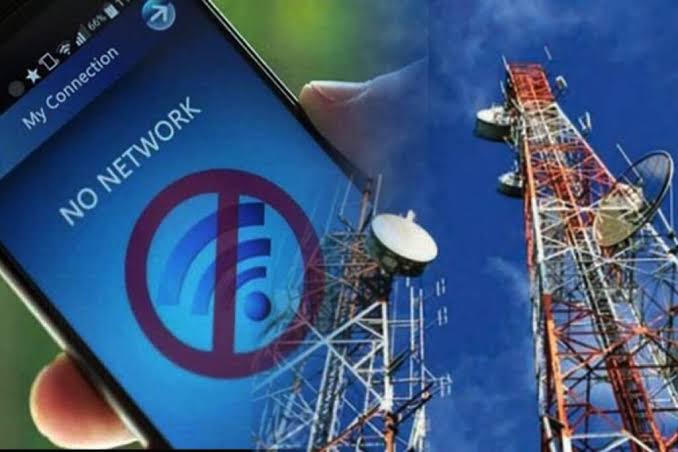In a world where everything from education to work depends on the internet, Pakistan is facing a major disruption that’s making daily tasks more difficult. Whether you’re a student preparing for exams, a freelancer meeting deadlines, or just trying to stay connected, internet slowdowns in cities like Karachi, Islamabad, Lahore, and Rawalpindi are frustrating many.
The breakdown, which caused widespread irritation across the nation on Sunday, has particularly affected social media platforms like Facebook, Instagram, and WhatsApp. Many users are struggling to upload or download photos and videos.
Reports suggest that people are relying on Virtual Private Networks (VPNs) to bypass the restrictions, but VPN services are also down in several areas, making it even harder for freelancers, business owners, and students to manage their work.
“Running my online business has become impossible,” said a Karachi-based entrepreneur who uses WhatsApp to communicate with clients. Citizens across the country are expressing concern, with browsing and WhatsApp downloads nearly non-functional in many regions.
Minister Points to Security Concerns
Shaza Fatima, Minister of State for Information Technology, has linked the disruptions to the Ministry of Interior’s decision to block the social media platform X (formerly Twitter). She explained that X is used by fewer than 2% of Pakistan’s population, and its closure does not infringe on freedom of expression.
“Cybersecurity threats are a daily reality in the country. When national security is at risk, the Ministry of Interior directs the Pakistan Telecommunication Authority (PTA),” she said.
Students and Professionals Hit Hard
The internet slowdowns are also having a significant impact on students, particularly those preparing for the Medical and Dental College Admission Test (MDCAT). Many candidates are struggling to access the Sindh Testing Service (STS) website, delaying the issuance of admit slips.
“Our candidate portals haven’t been updated, and we haven’t received any notifications or emails about the admit slips,” said one MDCAT candidate.

